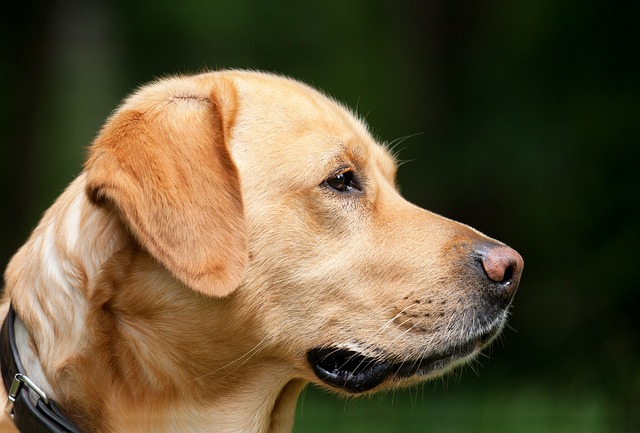
what to put on dogs paws to stop licking
You’re sitting on the couch, and your pup curls up beside you—only to start gnawing at their paw like it’s a chew toy. At first, it’s cute, but after 10 minutes of nonstop licking
As a new owner of a tiny pup like a Chihuahua or a Maltese, you’ve probably scanned the pet store shelves, eyes lingering on those colorful dental chews, and thought, “Can my little one handle these?” It’s a valid worry—small dogs have delicate mouths, tiny throats, and sensitive stomachs, so not all chews are created equal. The good news is, dental chews can be safe for small dogs, but only if you choose wisely. Let’s break down how to keep those tiny teeth clean without the risk.
First, let’s get scientific. Small breeds have smaller jaws and thinner tooth enamel than larger dogs, which means a chew that’s too hard can crack their teeth or splinter into sharp pieces, causing cuts in their mouth or even blockages in their digestive tract. Veterinarians explain that the ideal texture is soft enough to bend with your fingers—think of a rubbery consistency that gives a little when chewed. If you can’t indent it with your thumb, it’s too tough. My vet in Miami uses a simple example: “A chew that’s harder than a marshmallow is asking for trouble with a 5-pound Yorkie.” These chews work by scraping plaque off teeth as your dog gnaws, but only if they’re gentle on their mouths.
So, how do you pick the right one? Start with size—look for chews labeled “toy breed” or “small dog,” usually no longer than 3 inches. Brands that carry the VOHC (Veterinary Oral Health Council) seal are a safe bet; they’ve been tested to actually reduce plaque, not just make claims. My neighbor’s 6-pound Pomeranian, Lucy, loves a chicken-flavored chew that’s soft and dissolves a little as she chews—she’ll spend 10 minutes happily working on it, and her vet says her teeth are much healthier than when they first met. Avoid chews with artificial colors, preservatives, or xylitol, a sweetener that’s toxic to dogs. And never give a small dog a chew made for a lab or golden retriever—those are way too big and hard.
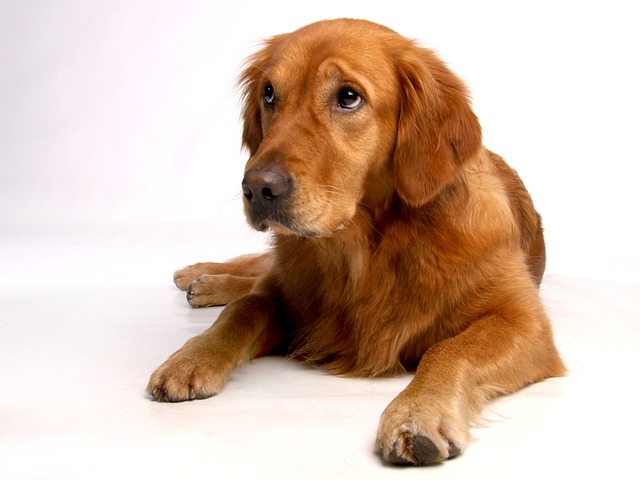
Safety also means supervision. Never leave your small dog alone with a dental chew, especially if it’s their first time. If pieces break off, take them away immediately—swallowing big chunks can lead to choking or intestinal issues. For apartment dwellers, opt for chews that don’t crumble into a mess—less vacuuming, and your neighbors won’t be disturbed by loud crunching at 7 a.m. When you’re out in the community, leave chews at home—bringing them to the dog park can spark fights if other dogs try to steal them, and it’s bad manners to leave stray pieces behind. Always clean up after your pup, too—poop bags are a must, and in cities like Boston, forgetting them can cost you $200.
Remember, dental chews are part of overall care. They shouldn’t replace regular vet checkups, where your pup’s rabies vaccine (required by law in all 50 states) will also be checked. And use chews as a reward—if your small dog stays calm during a vet visit, a chew afterward reinforces good behavior better than scolding ever could. With the right choices, dental chews can be a safe, fun way to keep those tiny smiles bright.

You’re sitting on the couch, and your pup curls up beside you—only to start gnawing at their paw like it’s a chew toy. At first, it’s cute, but after 10 minutes of nonstop licking
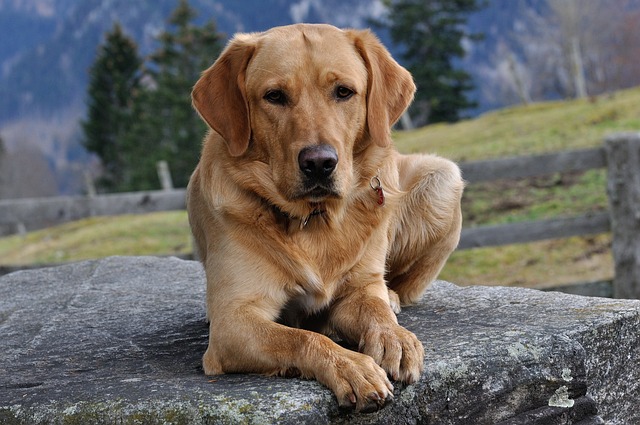
Picture your Golden Retriever, Cooper, hopping awkwardly across a Minneapolis sidewalk in January, lifting his paws from salt-covered ice while you wince in sympathy.
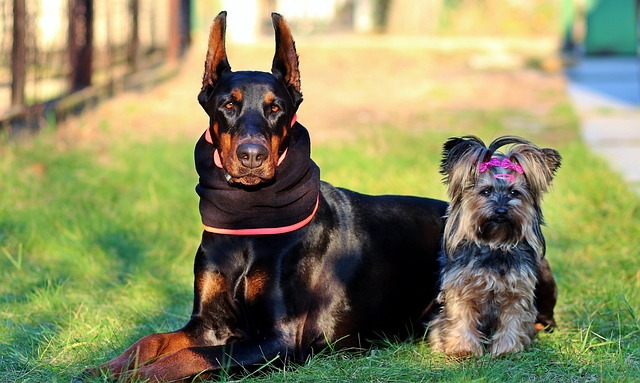
When your dog starts scratching nonstop, gnawing at their paws until they’re raw, or breaking out in red, inflamed patches, chances are they’re dealing with canine atopic dermatitis
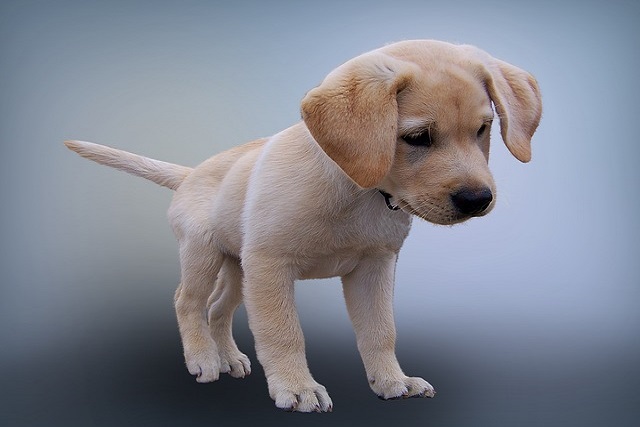
You’re brushing your golden retriever after a morning hike, and notice her squinting—one eye looks a little red, with a crusty corner. Panic hits: “Should I grab my eye drops?”
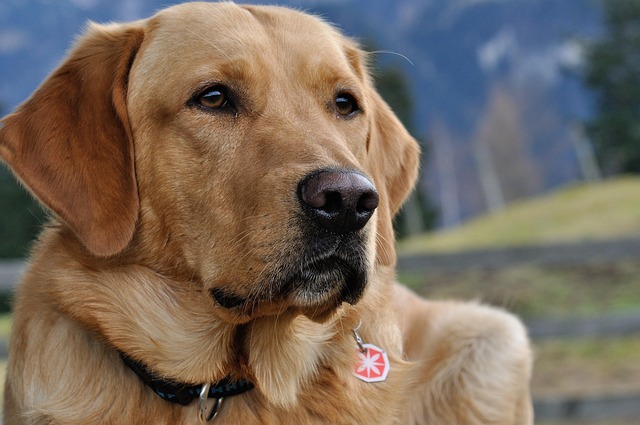
It’s a familiar panic for new pup parents: you notice your dog shaking their head like a wet rag, or scratching at their ear with a paw, and think, “Maybe their ears need a clean.”
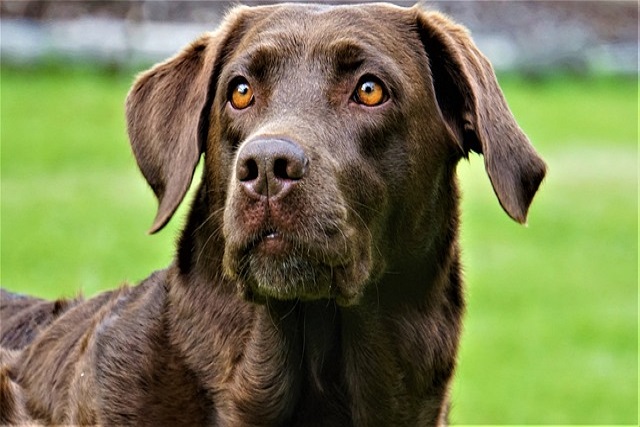
You’re curled up in your Chicago apartment when the sound starts: thump-thump-scratch-scratch as your Golden Retriever rakes her raw belly across the floor.